43 best specialty shops in Tokyo
Find the best specialty shops in Tokyo: denim, knives, chopsticks, tea, furoshiki, etc.
Filter by specialty
-

Kama Asa
Kappabashi, Tokyo
Authentic Japanese knives & kitchenware.
-
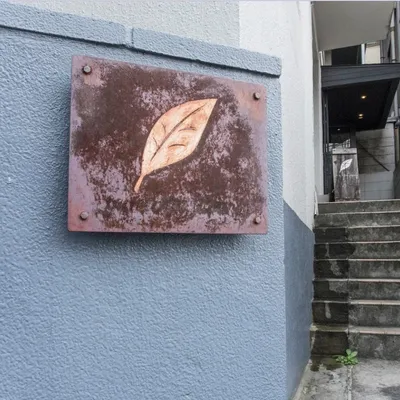
Pure Blue Japan
Harajuku, Tokyo
Known for its unique yarn dyeing process
-
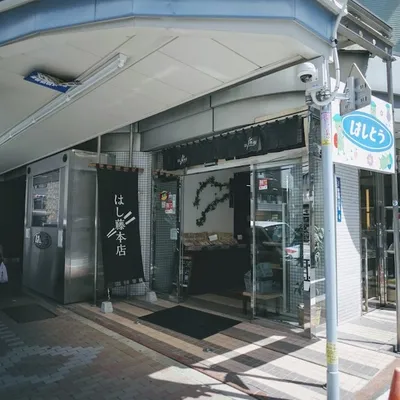
Hashitou (Asakusa)
Kappabashi, Tokyo
Traditional Japanese chopstick shop since 1910. Be...
-
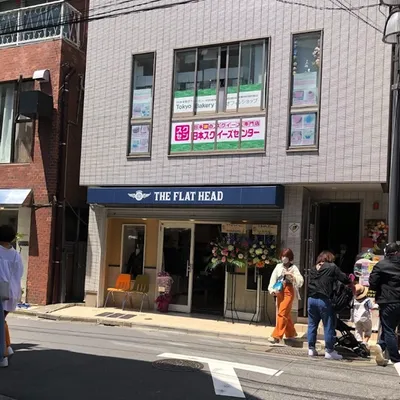
THE FLAT HEAD
Harajuku, Tokyo
Iconic Japanese denim brand in Harajuku. Premium s...
-

Seisuke
Kappabashi, Tokyo
The least traditional of all the shops, but lots o...
-

Mei Syou
Kappabashi, Tokyo
Small shop run by a few friendly guys. Cheap rust ...
-
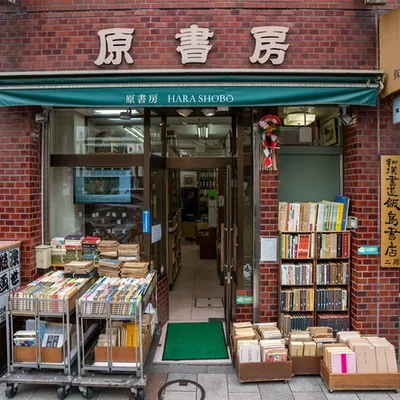
Hara Shobo
Chiyoda, Tokyo
A treasure trove of ukiyo-e prints in Tokyo. Disco...
-

Niimi Western Tableware
Kappabashi, Tokyo
Famous for its 36-foot tall chef statue.
-

Tojiro
Kappabashi, Tokyo
New shop (spring 2023). Only sells Tojiro.
-

Anbo
Asakusa, Tokyo
Traditional Japanese craft store in Asakusa. Speci...
-

Kamawanu Asakusa
Asakusa, Tokyo
Traditional Japanese hand towels. Classic patterns...
-

Aritsugu Tsukiji
Tsukiji, Tokyo
Legendary knife maker since 1918. Handcrafted Japa...
-

Kiwami
Kappabashi, Tokyo
Culinary artistry in the heart of Tokyo.
-

Tokuzo
Kappabashi, Tokyo
High-quality Japanese knives in Kappabashi, Tokyo.
-

Musubi
Harajuku, Tokyo
Traditional Japanese wrapping cloths with stunning...
-

Chachanoma
Omotesando, Tokyo
Traditional presentation meets modern flavors.
-
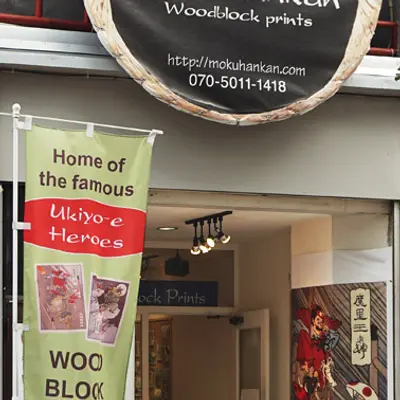
Mokuhankan
Asakusa, Tokyo
Traditional ukiyo-e print shop in Asakusa. Run by ...
-

Yagenbori
Asakusa, Tokyo
Historic spice shop turned restaurant chain. Famou...
-
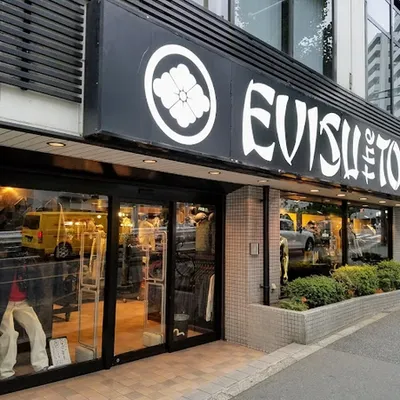
Evisu the Tokyo
Daikanyama, Tokyo
High-quality jeans and accessories, but now Chines...
-
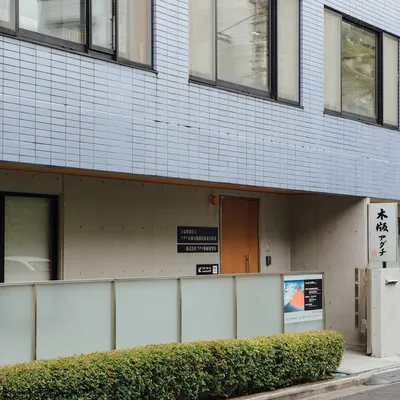
The Adachi Institute of Woodcut Prints
Shinjuku, Tokyo
Preserving ukiyo-e art since 1928. See masters cre...
-

Kapital Ebisu
Ebisu, Tokyo
Unique denim paradise in Tokyo. Artisanal craftsma...
-
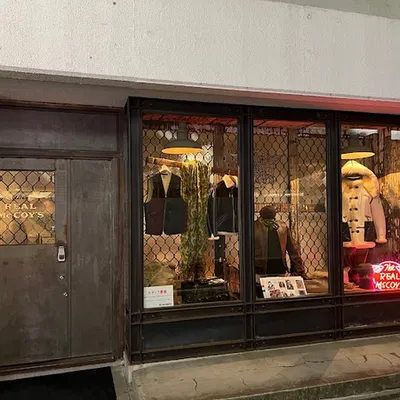
The Real McCoy's
Harajuku, Tokyo
Premium vintage-inspired American fashion, expertl...
-
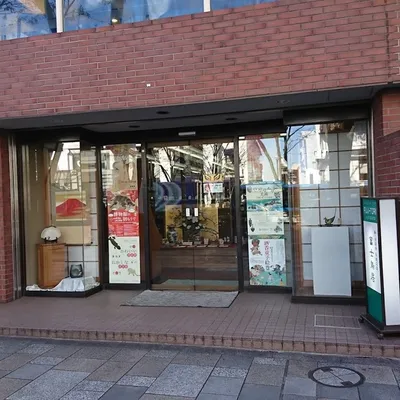
Fuji-Torii
Omotesando, Tokyo
Antique shop since 1948. High-quality Japanese cra...
-

Matsuya Soy Sauce Ginza
Ginza, Tokyo
Specialty soy sauce shop in Matsuya Ginza. 120+ va...
-
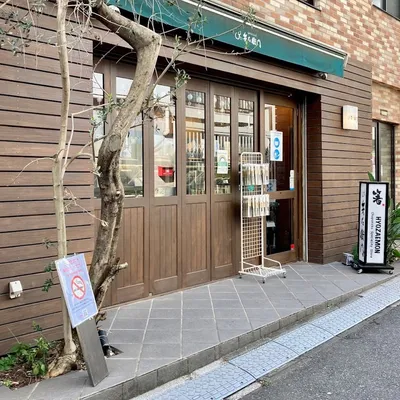
HYOZAEMON Chopsticks Specialty Shop
Hiroo, Tokyo
Artisanal chopsticks shop crafting beautiful piece...
-
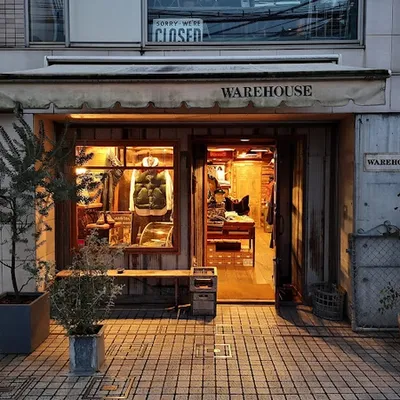
Warehouse Ebisu
Ebisu, Tokyo
Top-notch vintage-inspired denim shop in Tokyo. Cl...
-
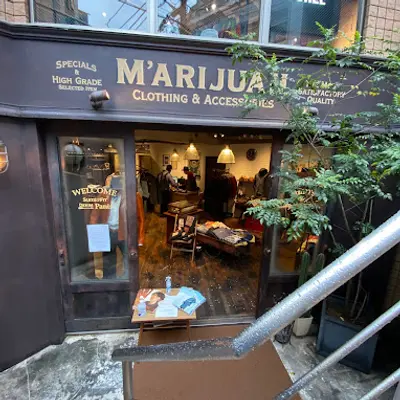
Studio d’Artisan
Harajuku, Tokyo
Crafting high-quality jeans since 1979.
-
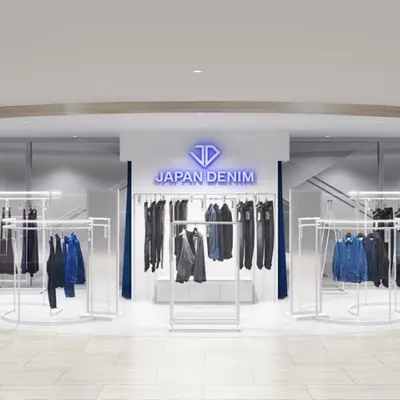
Japan Denim Ginza
Ginza, Tokyo
Innovative fabrics, designer collabs, and eco-frie...
-

Knife Shop TDI
Kappabashi, Tokyo
Offers quality knives at reasonable prices.
-
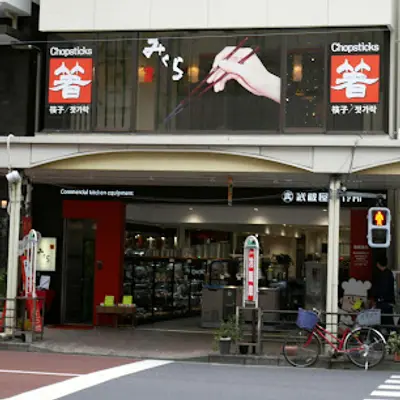
Mikura
Asakusa, Tokyo
Traditional Japanese chopstick store with hundreds...
-

Kappa Maeda
Kappabashi, Tokyo
Tableware paradise: Knives, ceramics, and kitchen ...
-
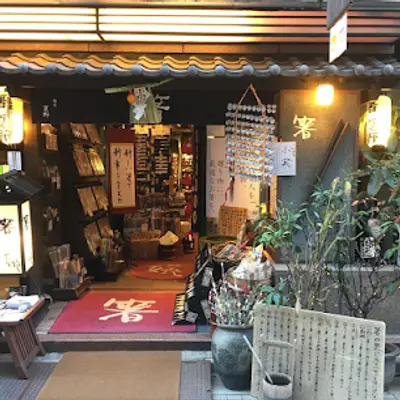
Ginza Natsuno
Ginza, Tokyo
Elegant chopstick specialty store in Ginza. Tradit...
-

Tsukiji Masamoto
Tsukiji, Tokyo
Legendary Tokyo knife shop since 1891. Handcrafted...
-

Jikko
Kappabashi, Tokyo
A little difficult to find and you have to go upst...
-

Dashi Okume Azabudai Hills
Azabudai, Tokyo
Craft your perfect dashi at this historic shop. Ch...
-

Ninben Nihonbashi
Nihonbashi, Tokyo
Historic shoyu shop since 1699. Specializes in kat...
-

Sakurai Japanese Tea Experience
Omotesando, Tokyo
Unique tastings and experiences by tea master Shin...
-

Suzukien Asakusa
Asakusa, Tokyo
Home of the world's richest matcha gelato. Seven ...
-
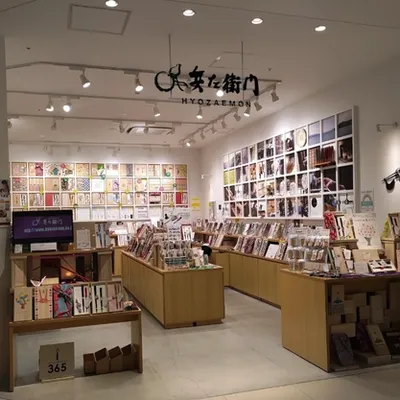
Hyozaemon
Shibuya, Tokyo
Handcrafted chopsticks shop offering personalized ...
-

Jugetsudo Tea House
Ginza, Tokyo
Experience authentic Japanese tea culture in a stu...
-

Tsubaya
Kappabashi, Tokyo
Top-notch Japanese knife shop since 1956.
-

The Matcha Tokyo
Omotesando, Tokyo
Organic matcha paradise in Tokyo. Sip traditional ...
-
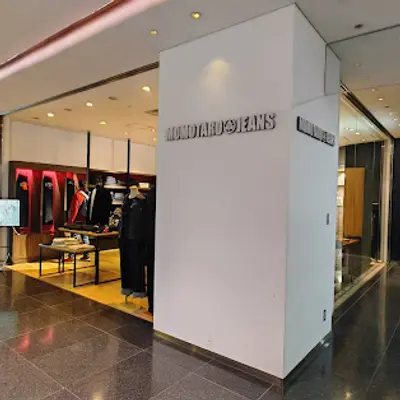
Momotaro Jeans
Omotesando, Tokyo
Authentic Japanese denim crafted by skilled artisa...